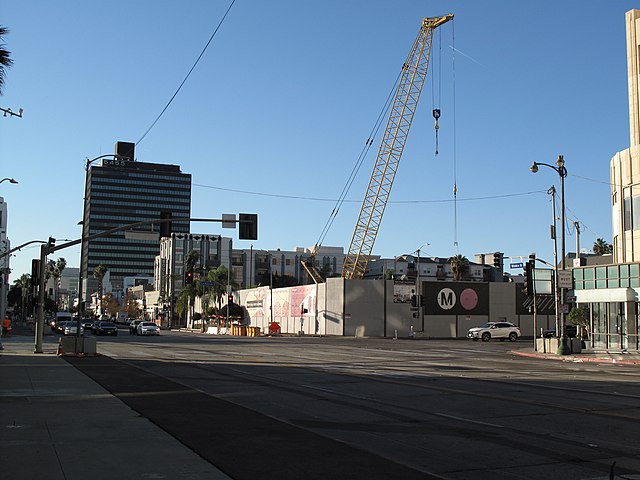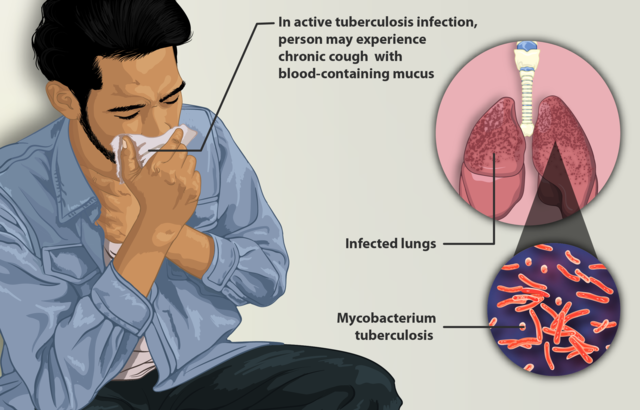By Margaret Shuttleworth
A report published Wednesday by the UCLA Luskin Institute on Inequality and Democracy found that only 17 people are in long- term housing out of the 183 unhoused people who were removed from Echo Park Lake last March and put on a list for placements.
The report, titled”(Dis)Placement: The Fight for Housing and Community after Echo Park Lake,” analyzed data provided by the Los Angeles Homeless Services Authority.
Of the 17 people currently in housing, four found housing on their own, four were placed in Project Homekey sites, four were given subsidized rentals and five were provided with permanent supportive housing, according to the report. The report classifies housing as rapid re-housing, permanent supportive housing, Project Homekey, Housing Choice and Emergency Housing Vouchers.
The report also said the whereabouts of 82 of the Echo Park Lake residents were unknown to LAHSA as of Feb. 9, and 15 had returned to the street.
Forty-eight people are waiting for housing, many in Project Roomkey sites, according to the report, which added that six others have died since last March. The report does not include information about the remaining 15 people.
“Many of the Echo Park Lake placements were in Project Roomkey, a temporary program that utilizes hotel rooms as non-congregate shelter but presented to residents facing displacement as a guaranteed path to housing,” the report said.
“We find a churning system of project enrollments that gives the lie to shelter-resistance. While the unhoused are willing to repeatedly respond to street outreach and enroll in programs, the system is a shuffle, where people are moved from one placement to another creating the appearance of activity but with little change in their housing status.”
Researchers interviewed 41 of the park’s former residents, four of whom were housed, but the report noted that they were housed “mainly through social networks and community support.”
Councilman Mitch O’Farrell, who came under fire from many homeless advocates during and after the clearing of the park’s encampments, has championed the effort as “a very successful housing operation.”
Days before the closure, his office announced the city was planning to close the park and clear out its residents to perform more than $500,000 in repairs and restoration caused by people living in the park. Some of the neighborhood’s residents had also complained about the group’s trash and said they no longer felt safe visiting the park, and city officials said multiple deaths and instances of sexual abuse had occurred in the encampment.
The removal effort on March 25, 2021 was met with large protests, in which hundreds of officers descended on Echo Park and arrested about 180 people, including journalists. Protesters blasted the city for forcing the park’s residents out of an area that had grown into what they called a supportive community during the pandemic — including a vegetable garden, working showers and a shared kitchen.
A coalition of faculty at USC, UCLA, UC Irvine and Occidental College came out against the clearing, writing a letter to Mayor Eric Garcetti in opposition in the days after the park was closed. The letter pointed out that most of the housing options were temporary and some were in congregate shelters amid a pandemic.
They added that some Project Roomkey residents claim they live under strict curfews and prison-like conditions while living in the city-provided hotels, and they feel like they have to “trade their autonomy and dignity for a bed.”






